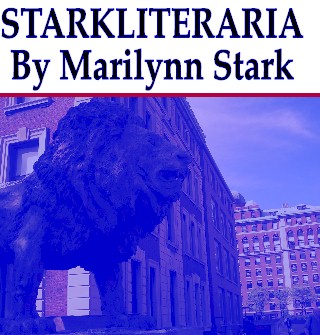Introduction
The mind is a tool. The abstract plane can be visited in various modes by the mind. There are modes for reasoning in the rational such as mathematical and quantitative, scientific, ethical and metaphysical. There are artistic modes in the various arts whether musical, visual or graphical, for instance. However, underlying whatever mode which is visited through the mind is language; language is comprised of words. The literary sector is a field which has the moment to guide a thinker, an aesthete, a seeker after truth, or even any agent of enterprising faculties into a venue. At times such guidance can be most profound. Indeed, the politics and guidance and even founding of nations can be inspired through the power and place of cultural, philosophical and political writings which enlighten the people.
To write is a gift of giving and receiving. Whether at the level of impression or of clear statement, to so give of the mind as to write is to imitate reality; moreover, in so doing the writer receives the reward of truth exposition. Any writer who aspires to a universal understanding of the self and of the world and the portrayal thereof is rewarded first by the vehicle that is truth since words are a means of truth. Then that reward of sheer means synergizes with the accomplishment of the goal which has been subsequently realized as truth through the writing exposition. The overall work has been formed through its constituent nature into some broader message hypostatic to all the words rendered accordingly. The rational mind of the writer must grapple with the feeling sensitivities to achieve a harmony and accord with one the other — the mind and the heart — as that writer creates. So powerful is the exercise and the event of literary composition that this accord can even help the writer to form a more complete world view and thus resolve the mind more greatly unto truth. That fact of profound accord with the world-at-large will cause some writers to leave the strict prose repository of truth-telling; accordingly, certain writers may enter into poetic portrayal. Poetry allows the exploration and utilization of a broader mind expanse and power of expression deriving from the multifaceted entity of verbal language.
Indeed, to consider daily life and living and to place it in the context of an elevated art form, that of literary portrayal, has led to entertaining and informative dramatic works of literature throughout the ages. Some of these dramatic works have become classics. Such classics have been known to guide all of mankind together. The immortality of certain pieces of literature is founded indeed upon the level of universality found in its passages; thus, the level of universality of truth which inheres in the great literary works creates a cogent passage itself to eras from the past which live on to guide lives and all of mankind throughout the ages. This power of literary art to transcend time through its own potential nature of truth as transcendent ultimately unto the universal level of truth gives mankind a special love and a special place for literature.
Dedicated Interest
This author is of a dedicated interest in seeing after the sensitivities of those who have a use for literary scholarship in their own lives and interests whether these interests remain in the abstract or become more visible in the practical. It is with the most profound heart for those who will read here at Starkliteraria that I would offer my works to you. May you herein enjoy, ponder, consider and explore all that holds your thoughts and values as you will. This Web site is all for you, for your edification and enrichment; yet, both edification and enrichment will come more ultimately from you yourself. A writer remains a guide. May I wish you a personal and a heartfelt welcome to Starkliteraria.
Marilynn Stark
July 12, 2004

Copyright © 2004 – 2020 by Marilynn Stark Starkliteraria.com
All Rights Reserved.
